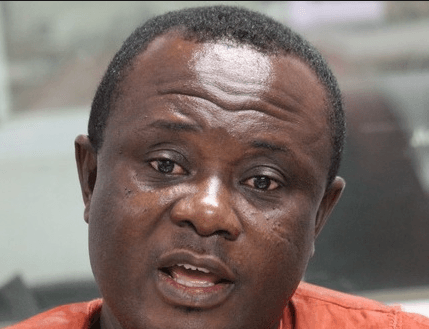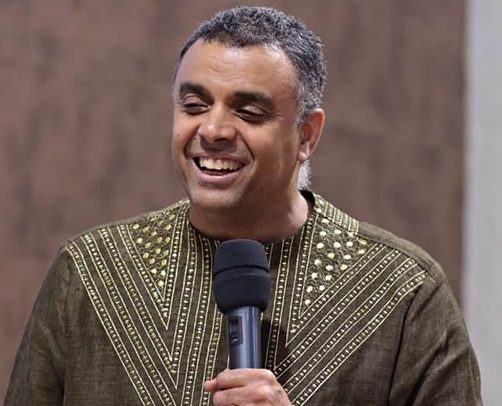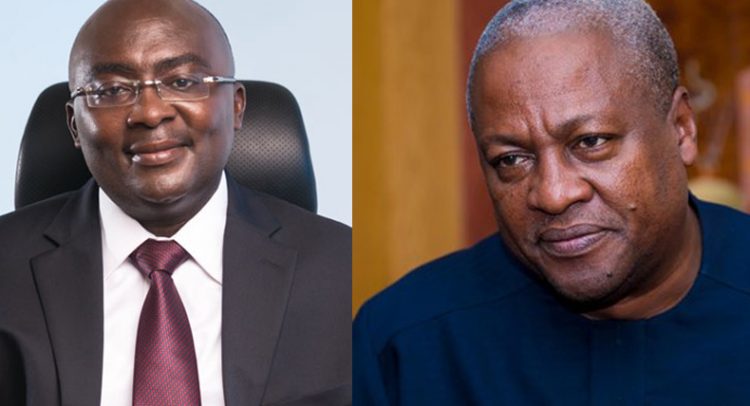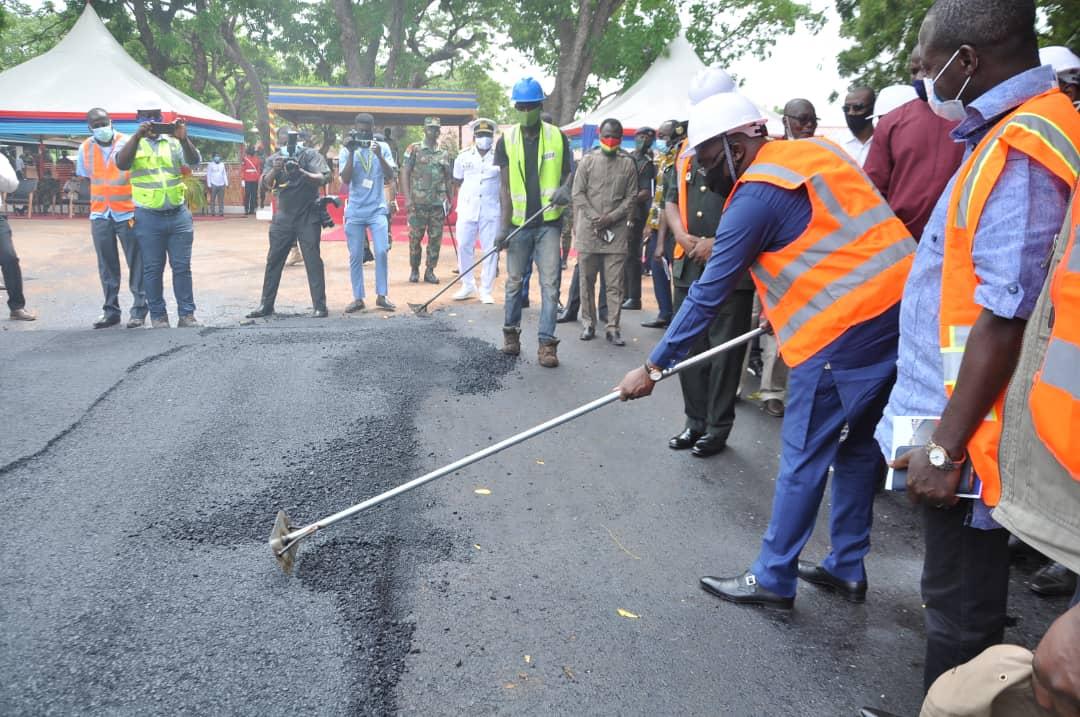
The search for a new majority leader by the governing New Patriotic Party (NPP) has ignited a wave of anticipation and strategic planning within Ghana’s political landscape.
This momentous quest signifies not just a change in leadership but a reshaping of the NPP’s majority front bench, heralding a new era of parliamentary governance. As the nation watches intently, the party is poised to unveil a lineup that promises to blend experience with innovation and stability with dynamism.
Insiders report that Osei Kyei-Mensah-Bonsu, the current Majority Leader and Minister for Parliamentary Affairs, is to be replaced by Alexander Afenyo-Markin, the current Deputy Majority Leader. There is no immediate indication as to whether the Suame MP will keep his role in government as Minister. What is clear, however, is that he is likely to be named as the Chairman of the NPP’s 2024 Manifesto Committee.
It is speculated that Frank Annoh Dompreh, the present Majority Chief Whip, will ascend to the role of Deputy Majority Leader, thereby creating space for Habib Iddrisu, the current First Deputy Chief Whip, to assume the position of Majority Chief Whip. Sources indicate that Patricia Appiagyei, is likely to be named as the First Deputy Majority Chief Whip. This vacancy comes after the incumbent, Lydia Seyram Alhassan, was recently nominated by President Nana Akuffo-Addo as Minister for Water Resources and Sanitation. The position of Second Deputy Chief Whip, according to sources, is likely to be filled by Alex Tetteh Djornobuah, MP for Sefwi-Akontombra.
A key meeting of the NPP’s National Council is scheduled for Monday to carry out, among other things, a shakeup of the majority front bench, following President Akuffo-Addo’s Valentine’s Day Ministerial Reshuffle last week.
The NPP: A fabric of many colours
The NPP, adorned with a history of illustrious Majority Leaders, commenced its reign on Parliamentary benches under the fourth Republican Constitution with Joseph Henry Mensah from the erstwhile Bono Ahafo Region. The baton was passed through a variety of regional representatives, including Papa Owusu-Ankoma from the Western Region, Felix Owusu Agyapong from the Eastern Region, and Abraham Osei Aidoo hailing from the Greater Accra Region.
The aforementioned assortment of regional representation in the seat of Majority Leader underscores the NPP’s commitment to national inclusivity. Yet, the party faced a major setback following its defeat in the 2008 presidential and parliamentary elections, marking an eight-year hiatus from power. The tenacious leadership of Osei Kyei-Mensah-Bonsu, MP for Suame, kept the party’s parliamentary ambitions alight during this interlude on the minority benches.
The NPP’s rebirth
The 2016 elections marked a watershed moment for the NPP, catapulting them back into the administrative forefront with Nana Akuffo-Addo’s victory. Kyei-Mensah-Bonsu moved across the aisle to assume the title of Majority Leader and Minister of Parliamentary Affairs. He has since been the lead architect of the party’s parliamentary strategies.
In his first term as Majority Leader, Kyei-Mensah-Bonsu was deputized by Sarah Adjoa Safo of Dome Kwabenya. His second term, which commenced on January 7, 2021, planted Afenyo-Markin as his able deputy, and they have been working warmly together ever since.
However, it is the anticipated ascension of Afenyo-Markin to this eminent role that has sparked both intrigue and admiration alike, particularly because of the stellar performance he is deemed to have put up since his elevation to the front bench of the majority.
Afenyo-Markin: From St Augustine’s to Buckingham
In many ways, Afenyo-Markin’s story is skillfully woven with threads of determination and academic prowess. His birth in 1978, to a son of Tsiame in the Volta Region, and his upbringing in Winneba, his mother’s hometown in the Central Region, are chapters of a story that transcends the ordinary.
His academic sojourn, shaped in large part by his days at St. Augustine’s College in the Central Region, took him from the shores of Ghana to study law and management within the reputable halls of the University of Buckingham in the UK, and later to the University of Bradford, where he honed his expertise in security and international politics.
Before leaving Ghana, Afenyo-Markin had started a degree programme at the University of Cape Coast but chose to switch to study law in the UK.
His return to Ghana saw him being called to the Ghana Bar in April 2010, after completing his professional studies at the Ghana School of Law, a milestone that coincided with his tenure as the Presiding Member of the Efutu Municipal Assembly. He is currently a postgraduate student of leadership at the globally respected Saïd Business School of the University of Oxford.
The Rise of a Leader
Since his election as the Member of Parliament for Effutu in 2012, Alexander Afenyo-Markin’s political trajectory has been nothing short of meteoric. Afenyo-Markin has consistently demonstrated exemplary leadership, ranging from his early days as a backbencher to his current esteemed positions as the Deputy Majority Leader and the Leader of Ghana’s Delegation to the ECOWAS Parliament.
The anticipated promotion of Afenyo-Markin to the position of Majority Leader represents not just a testament to his remarkable tenacity but also signifies the NPP’s commitment to embracing and advancing diverse regional talents. This development gains particular significance as it follows the party’s recent groundbreaking decision to elect Dr. Mahamud Bawumia, a distinguished son of northern Ghana and a non-Akan, as its flagbearer for this year’s presidential elections. This move marked a departure from the party’s previous tradition of always having an Akan representative on the presidential ticket, underscoring a new era of inclusivity and diversity within the NPP.
Thus, the impending leadership transition in the NPP reflects not only a change in roles but also embodies the party’s evolving narrative of ethnic and regional diversity. The current parliamentary lineup serves as a testament to this. Joe Osei Owusu, hailing from the Ashanti Region, serves as the 1st Deputy Speaker, and Andrew Asiamah Amoako, a pro-NPP Independent MP from the same region, is the 2nd Deputy Speaker. The anticipated shift from Kyei-Mensah Bonsu, also representing the Ashanti heartland, to Afenyo-Markin, who brings a blend of biological connections and influences from the Volta and Central Regions, is thus set to add yet another dynamic layer to the NPP’s colourful mosaic of regional representation.
Afenyo-Markin: An Inspiration
Afenyo-Markin’s rise in Ghanaian politics is more than just a tale of personal success; it is also a source of hope and aspiration for many young politicians in Ghana. His early challenges in securing the NPP ticket for the 2004 Parliamentary Primary Elections in Effutu, where he faced opposition due to perceptions of youth and inexperience, as well as the subsequent blockade of his candidature, did not deter his political ambitions. Instead, these hurdles shaped a journey of resilience and strategic recalibration.
The turning point in Afenyo-Markin’s political saga was his mentorship under Chairman Esseku, a relationship that evolved from initial discord to one of profound guidance. Esseku’s influence was pivotal in transforming Afenyo-Markin’s political approach, enabling him to navigate the complexities of Ghanaian politics with finesse and wisdom.
Indeed, Afenyo-Markin’s victory in the 2011 NPP primary in Effutu stands as a clear demonstration of his perseverance and the efficacy of Esseku’s mentorship. His subsequent electoral victories in Effutu and his ascent to the position of Deputy Majority Leader in Parliament in 2021 highlight his political acumen and leadership abilities.
Ensuring Constitutional Validity in the NPP’s Majority Bench Changes
As the NPP embarks on reshuffling its Majority Bench in Parliament, it faces a legal imperative to align its actions with Ghana’s constitutional framework. The core problem lies in reconciling the revised Standing Orders of Parliament with the NPP’s Constitution. This task necessitates a nuanced approach, adhering to relevant legal provisions while ensuring the party’s internal directives are constitutionally sound.
The revised Standing Orders, specifically Order 6, shift the responsibility of leadership selection to the Parliamentary Majority Caucus, diverging from the older practice aligned with external party mechanisms. This change creates a legal dilemma when juxtaposed with Article 14(2) of the NPP Constitution, which traditionally granted the National Council authority over such decisions.
However, Article 1(2) and Article 11 of the 1992 Constitution of Ghana establish the supremacy of the Constitution and parliamentary enactments, including the Standing Orders, thereby potentially rendering conflicting aspects of the NPP’s constitution void.
A resolution is found in Article 10(3) of the NPP Constitution, empowering the National Council to issue directives for party operations. This provision allows the Council to legally guide the party’s parliamentary caucus in appointing individuals to leadership positions, ensuring adherence to both the party’s strategic vision and legal compliance.
Furthermore, Article 5 of the NPP Constitution reinforces the obligation of party members, including MPs, to comply with the decisions of the National Council. This adherence is crucial for maintaining party coherence and ensuring that leadership changes are in line with both the party’s constitution and the national legal framework.
To ensure constitutional validity in the reshuffling process, the NPP leadership must formally convey any National Council decisions to the Parliamentary Caucus. This communication should include a notice stating, “In accordance with Article 10(3) of the NPP Constitution, the National Council has directed the Majority Group in Parliament to designate specific individuals to the following roles on the Majority Front Bench, in alignment with Order 6 of the Standing Orders of Parliament.” The Caucus must then formally notify the Speaker of Parliament, in accordance with parliamentary protocols and the 1992 Constitution.
For long-term alignment and avoidance of conflicts, the NPP is advised to amend Article 10 of its Constitution at the next opportunity. This amendment should aim to harmonise the party’s constitution with Order 6 of the Standing Orders of Parliament, thereby streamlining the leadership selection process in accordance with parliamentary practices.
As the NPP prepares for changes in its Majority Bench leadership, it is imperative to navigate these constitutional and legal complexities with diligence and foresight. By following the outlined recommendations, the NPP can ensure that its internal decisions are both legally valid and reflective of democratic principles.
The post Casting the Future: The NPP’s quest for a new Majority Leader and Front Bench reshuffle appeared first on Citinewsroom - Comprehensive News in Ghana.
Read Full Story




















Facebook
Twitter
Pinterest
Instagram
Google+
YouTube
LinkedIn
RSS